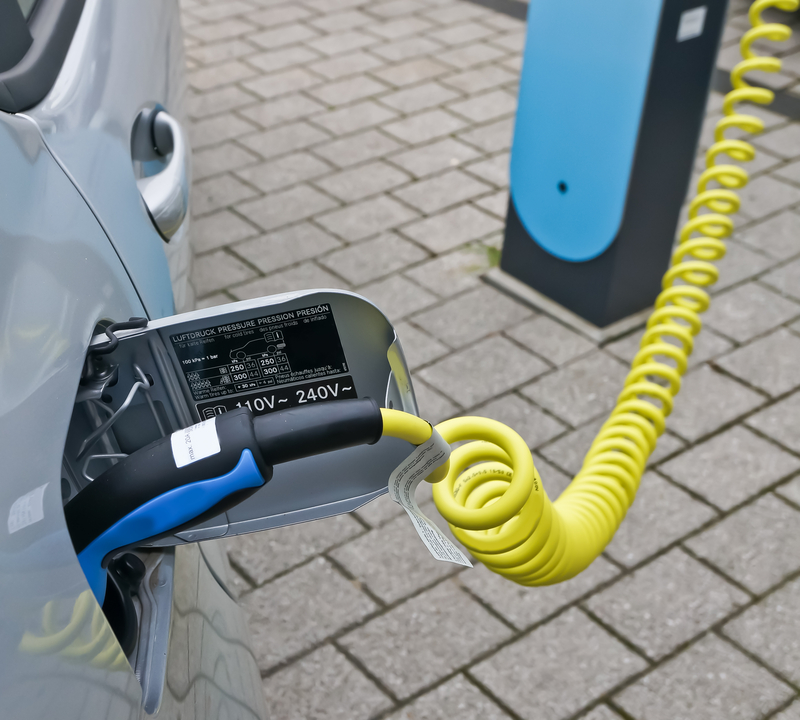TRENTON, NJ – The New Jersey Department of Environmental Protection’s recent Advance Clean Cars II public hearing saw strong opposition to Governor Phil Murphy’s ambitious electric vehicle (EV) proposal.
Ray Cantor, Vice President of the New Jersey Business & Industry Association (NJBIA), voiced concerns over the state’s plan to phase out gas-powered vehicles by 2035, citing affordability, practicality, and the restriction of consumer choice.
Highlighting the economic challenges of EV ownership, Cantor stated that many New Jersey residents would find it financially prohibitive. The current incentives in place to encourage EV purchases might not be permanent, making access even more challenging.
“You can’t put enough Chargers in place at this point in time even at homes to be significant and there are a lot of places where you have apartments condos dense populated areas where you can’t put enough charging stations in where its convenient for people,” he said. “You can’t tell people they need to walk blocks in order to charge their vehicle. It’s also a matter of choice as it is arrogant of the government to dictate what type of car people can or cannot drive.”
In addition to financial concerns, Cantor emphasized the state’s lack of necessary infrastructure to support a complete transition to electric vehicles. He cited issues like the scarcity of charging stations, particularly in densely populated areas.
Beyond the logistical and economic challenges, Cantor criticized the state’s move as overreach, arguing that such a mandate would limit consumer choices, especially when market trends do not show a high preference for EVs currently.
Cantor also pointed to a looming challenge: should the proposal go into effect, by 2027, 43% of all new car sales in New Jersey would need to be electric. This could cause a spike in prices for traditional vehicles due to shifting supply and demand.
He concluded by advocating for a more tailored approach to New Jersey’s unique needs instead of adopting policies from other states, stressing that a universal solution might not be the right fit.
“This program doesn’t work,” he concluded. “The market should dictate, not regulations.”
